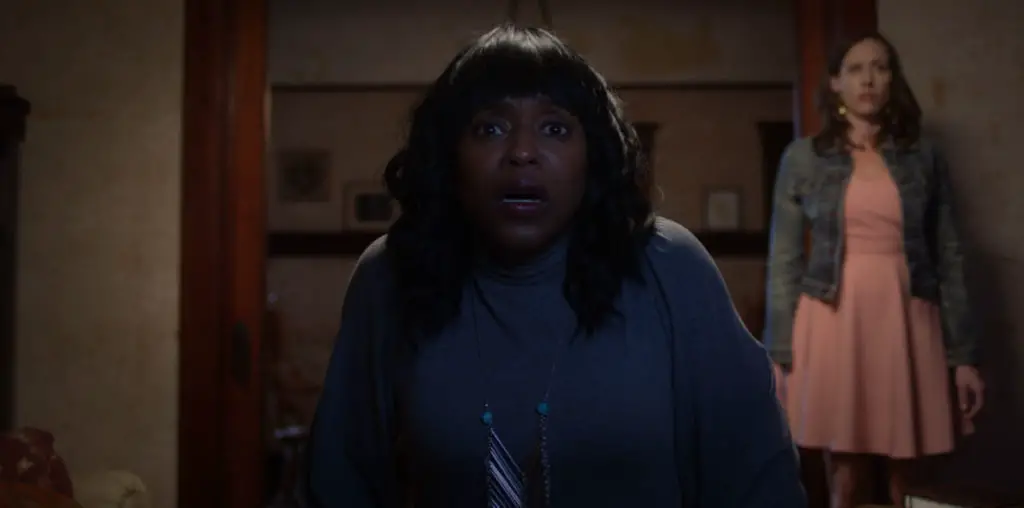
Following an interminable opening sequence — several laps of a seemingly endless roundy-round dolly move circling this film’s five morally challenged yuppie leads in a bar as they blather on about various pop culture icons of the 1960s and ’70s — it would have been extremely easy to say “Goodbye, Charlie” to this film. Fortunately, William Pennell’s uneven “what-if” improves to some extent; decent enough to be watchable yet frustrating in that it could have been so much more.
Jack (Pennell) and his best friend Jimmy (Jeremy Klavens) form the core of this ethically challenged fivesome. Joined by Wes (Chris Sorensen), Peter (Christian Desmond) and Barret (Daniel T. Denver), these deep-as-a-wading-pool louts spend most of their evenings drinking heavily and making crude, highly misogynistic remarks about the various women in their lives. It’s a routine that most likely would have followed them into the nursing home, were it not for Jack being a really, REALLY bad date. By day a sleazy, immoral attorney whose most recent, er, accomplishment is keeping Jimmy’s hitman thug of a brother Ray (Gætano Lisco) out of jail, Jack is really a seething time bomb of pent-up rage. When the woman he meets at a dance club comes on to him, only to change her mind at his place, Jack, fueled by alcohol and cocaine explodes in a lethal fury. He bludgeons the woman to death, puts the body in his bathtub, then is thoughtful enough to go down to the bar and tell his buddies about it, thus making them accomplices to his crime if they don’t report it.
But Jack has a plan. He’ll call Ray over to act as a “cleaner,” since Ray owes him one. But after the professional killer has handled the weapon and the body enough to incriminate himself, Jack’ll have the police arrive and bust Ray. To say that things don’t exactly go as planned would be a gross understatement, as the film spirals into a brutal and blood-soaked orgy of making a bad situation worse. Much of the intrigue of William Pennell’s film comes from the little voice in the viewer’s head that wonders what he or she would do if caught in a situation similar to Jack’s pals. Unfortunately, none of them really do much of anything, except sit around, drink, curse Jack, and wait for Ray to fix things. There’s very little internal conflict or dissension within the group; a huge opportunity lost as the film mutates into an odd two step between Jack and Ray. It doesn’t help that none of Jack’s friends, save for Jimmy, ever develop any significant personality. Still, in spite of these drawbacks and Pennell’s somewhat loosy-goosy scene stagings, “Goodbye, Charlie” manages to hang together, if only because the viewer wonders if Jack and the boys can really pull off this great escape.
There are a few refreshing bits of VERY dark comedy scattered about, which relieve the intensity somewhat, and the fantastic strobe-edit bar scene near the end of the film, which simulates Jack’s drug trip, is almost enough to save the film by itself.
All in all, not a bad effort. And while the ride is pretty bumpy at times, “Goodbye, Charlie” at least keeps the viewer hanging around until the credits roll.
